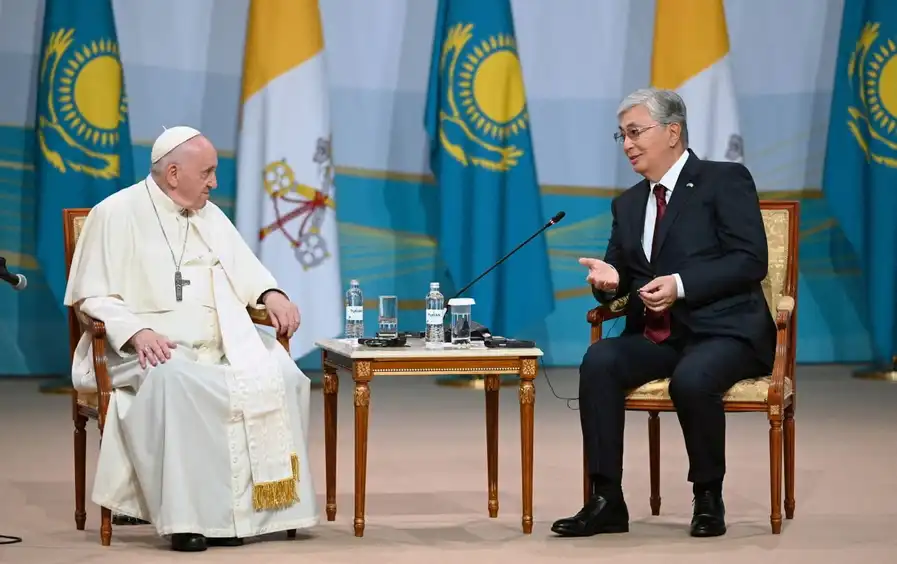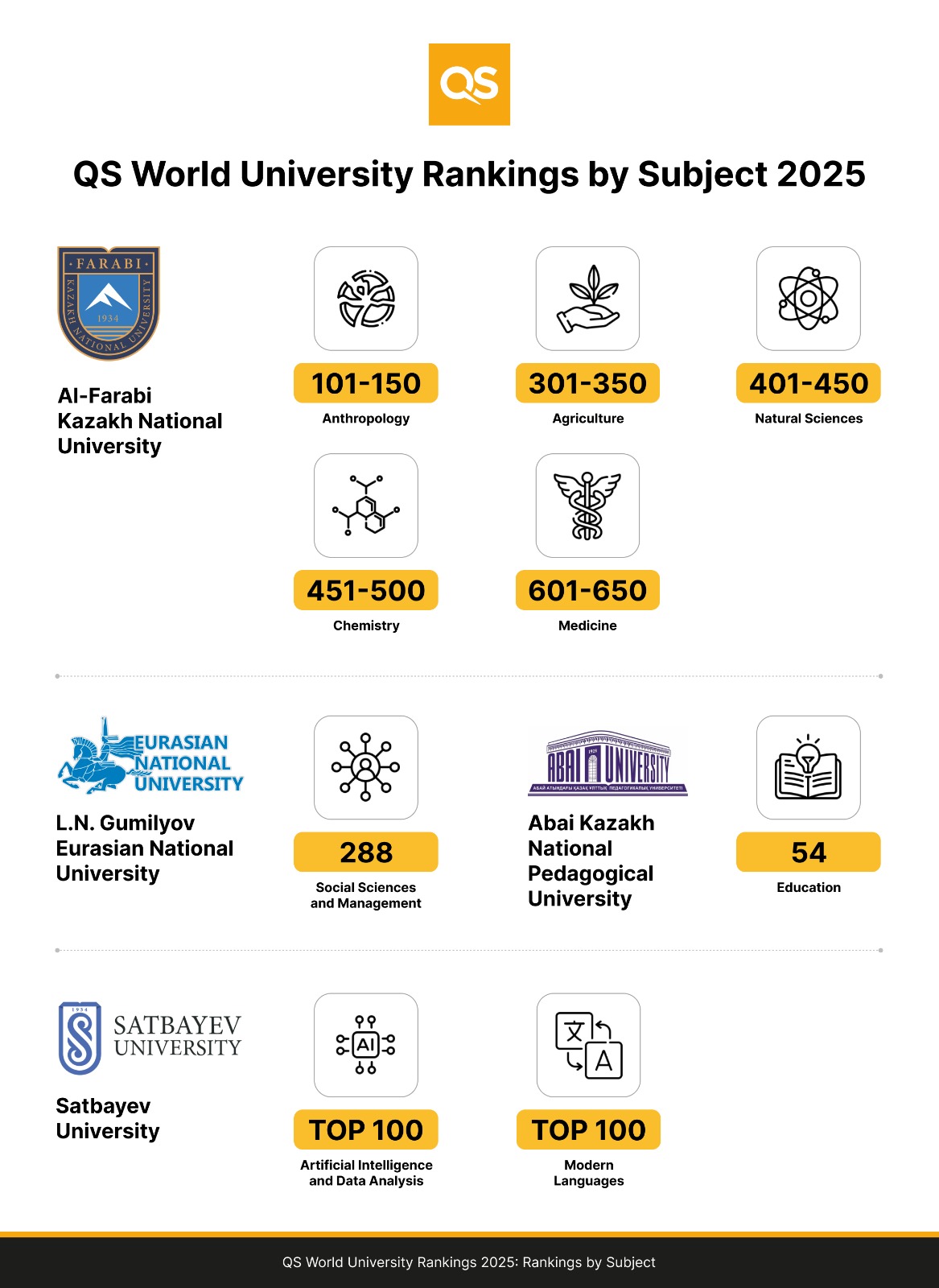In an era defined by fractured alliances, geopolitical turbulence, and shifting power dynamics, a new group of influential players is emerging on the world stage—middle powers. From Kazakhstan to Brazil, these countries are stepping into critical diplomatic roles as traditional global powers grapple with disorder and internal recalibration.
The Multipolar World: Decline of Bipolar Thinking
The 20th-century order, dominated by Cold War bipolarity and then U.S.-led unipolarity, is giving way to multipolar complexity. The world no longer revolves solely around superpower rivalry. Instead, it now includes assertive middle powers charting their own course through multilateral diplomacy, regional leadership, and balanced foreign policy.
One country standing out in this regard is Kazakhstan.
Kazakhstan: A Case Study in Strategic Balancing
Nestled between giants—Russia and China—Kazakhstan embodies what experts call a “multi-vector” foreign policy. Under President Kassym-Jomart Tokayev, the country is:
- Maintaining constructive ties with the West, China, and Russia.
- Refusing to align exclusively with power blocs such as BRICS, despite invitations.
- Promoting diplomacy, energy independence, and regional stability.
Rather than becoming a pawn in great power competition, Kazakhstan is asserting itself as an architect of regional order, showing how middle powers can wield influence without domination.
Middle Powers in a World of Global Disorder
Besides Kazakhstan, countries like India, Indonesia, Poland, Brazil, and Türkiye are playing outsized roles in stabilizing regions, mediating conflicts, and pushing for reforms in global institutions.
Key characteristics of middle power diplomacy include:
- Non-alignment: Strategic neutrality between great powers.
- Multilateralism: Active participation in regional and global coalitions (e.g., SCO, ASEAN).
- Pragmatism: Policy driven by national interest, not ideological alignment.
- Institutional reform advocacy: Kazakhstan, for example, has called for a more inclusive UN Security Council.
The Role of the Next U.S. President
As the U.S. heads toward the 2024 presidential election, the article poses a critical question:
Will the next President (POTUS) engage or overlook the rise of middle powers?
To maintain global influence and counter authoritarian expansion, the U.S. must:
- Deepen relations with stable middle powers like Kazakhstan.
- Support institutional reforms that accommodate multipolar governance.
- Acknowledge that leadership today involves building coalitions, not dominating them.
A Rebalanced World in the Making
The global order is in flux. But in this uncertainty lies an opportunity: the empowerment of middle powers to act as stabilizers, mediators, and innovators.
Kazakhstan’s strategic diplomacy offers a roadmap—neutral yet assertive, balanced yet ambitious. For the U.S. and other global players, recognizing and partnering with such nations could be the key to restoring coherence in a disorderly world.
Read the full analysis on The National Interest: Global Disorder, Middle Powers, and the Next POTUS






